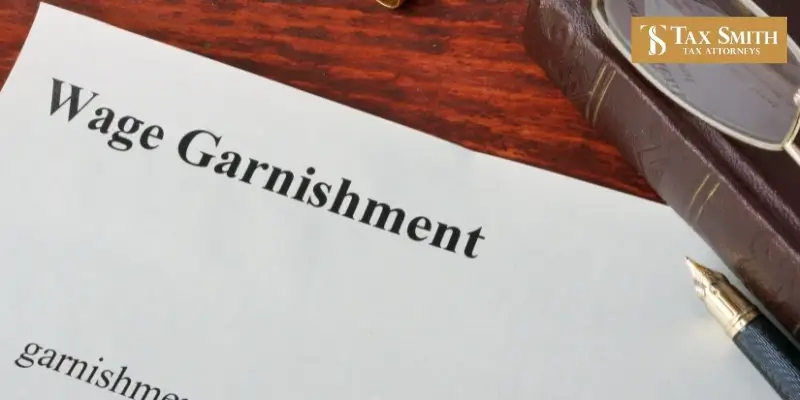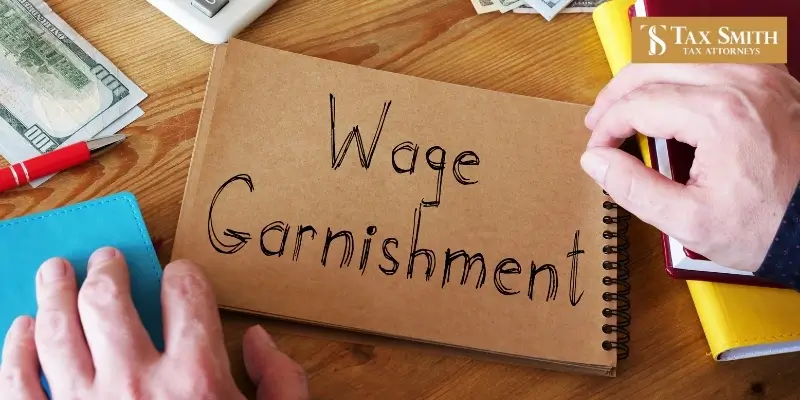When you have substantial debts, bankruptcy may be the necessary method to address them. If you are filing for bankruptcy and you have already faced collection actions from creditors, you are likely wondering: What happens to wage garnishment after filing bankruptcy in Florida?
Filing for bankruptcy can put a temporary pause on wage garnishment and may potentially clear the debt the garnishment is for. This would then end the garnishment. However, this does not apply to all debts, and not all types of bankruptcy impact debts the same way.
The Basics of Wage Garnishments
Wage garnishments are used by creditors to recover unpaid debts. If you owe a commercial creditor a debt and have ignored attempts to contact you or requests to pay the debt, the creditor can take the case to court and ask the court to allow wage garnishment or other collection actions like liens or levies. If the creditor is granted it, they can require your employer to take a portion of your wages directly from your paycheck until your debt is covered.

Wage garnishments can also be placed by state and federal tax agencies. It is, unfortunately, easy for emergencies or other unexpected situations to get in the way of filing your taxes. In 2024, the IRS assessed over 22 million failure to pay civil penalties, totaling more than $7.8 billion.
If you do not address the unpaid debt and penalties, the value of your debt will only grow. Eventually, the IRS will take action to collect the taxes you owe. The IRS filed nearly 314,000 requests for levies to third parties in 2024 and made 71 seizures of property. Unlike other creditors, the IRS and the Florida Department of Revenue don’t have to get court approval to garnish your wages.
How Can Filing for Bankruptcy Stop Wage Garnishments?
If you owe debts that you cannot pay and are dealing with wage garnishment, bankruptcy may be an option to address your debts and stop garnishment.
If you file a Chapter 13 or a Chapter 7 bankruptcy, an automatic stay is placed on your assets, preventing creditors from seizing them. This also halts wage garnishment. During the process of bankruptcy, this stay remains in place.
- Chapter 13 bankruptcy. In this type of bankruptcy, you, as the filer, enter into a repayment plan, where individuals with regular income take three to five years to pay regular amounts towards their debts. At the end of the set period of time, the remaining debts that were not fully paid off are often canceled.
- Chapter 7 bankruptcy. For this bankruptcy, a trustee takes control of your assets and liquidates them to pay off creditors. Some assets are exempt from liquidation. This process usually takes 90 to 120 days to complete.
Other types of bankruptcy, such as Chapter 11, may also be useful for individuals trying to prevent wage garnishment. To file for Chapter 7, Chapter 13, or Chapter 11 bankruptcy, you must have filed tax returns for the prior four tax periods.
In 2024, there were 19,949 Chapter 7 bankruptcy cases filed in the three districts of Florida, which made up 63.9% of all bankruptcy filings. 34.0% of bankruptcy filings were Chapter 13, and 2.0% were Chapter 11. There were also six Chapter 12 and 15 Chapter 15 filings that year.
Bankruptcy is often considered an extreme method, so it is important to talk with a financial professional to determine if it is right for you.
The Effect of Bankruptcy on Taxes
Taxes are often considered nondischargeable debts, meaning bankruptcy does not discharge the debt after the bankruptcy process is complete.
If the bankruptcy filing ends in a dismissal, that means the protection of bankruptcy ends, and the debts are not relieved. For Chapter 7, 11, and 13 bankruptcies for individuals, the IRS may keep payments made during the process, and the time spent in bankruptcy extends the time for the agency to collect the remaining tax liabilities.
If the bankruptcy filing ends with a discharge, this means certain debts may be reduced or eliminated. For Chapter 7, 11, and 13 bankruptcies for individuals, their personal liability will be discharged for tax liabilities older than three years. This doesn’t apply to returns that were filed late.
If the bankruptcy is dismissed, you must pay off the remaining debt. If the debts are discharged, wage garnishments placed by the IRS will no longer impact you.

FAQs About Wage Garnishment After Filing Bankruptcy in Florida
Does Bankruptcy Clear Wage Garnishments?
Filing for certain types of bankruptcy can immediately pause most types of wage garnishments due to the automatic stay placed on your assets. Wage garnishments are implemented when you owe a debt, and bankruptcy may clear some or all of these debts, depending on whether or not they are unsecured debts.
If the debt is cleared through bankruptcy, then the wage garnishment will end. However, if the debt is not cleared, you will have to pay it eventually.
Is It Better to File for Bankruptcy Before a Judgment?
In many cases, it is better to file for bankruptcy before a judgment is made. If the judgment includes placing a lien on your property, bankruptcy will not clear the lien. If the judgment has not been made and the lien has not been placed yet, however, filing for bankruptcy could allow you to discharge the debt. If the debt is nondischargeable, the debt will not be affected by bankruptcy.
How Can I Stop Wage Garnishment Immediately in Florida?
The quickest way to stop wage garnishment in Florida is to pay back the debt in full or file for the head of household exemption. The exemption either prevents your wages from being garnished or requires you to agree to any garnishment. Paying your debt in full will also end garnishment once the payment is processed. You can also file for bankruptcy for an immediate stay on your assets, but this should only be used in extreme cases.
How Can I Protect My Wages From Garnishment?
The most effective way to protect your wages from garnishment is to avoid being in debt and to address debts quickly if you end up with them. If you cannot pay them off immediately, it’s important to get in contact with the creditor to discuss other repayment options. Otherwise, you could protect your wages from garnishment if you qualify for the head of household exemption in Florida.
Get Legal Support
TaxSmith, LLC has decades of experience in tax law. Contact us, and let us help you address your tax debt.








